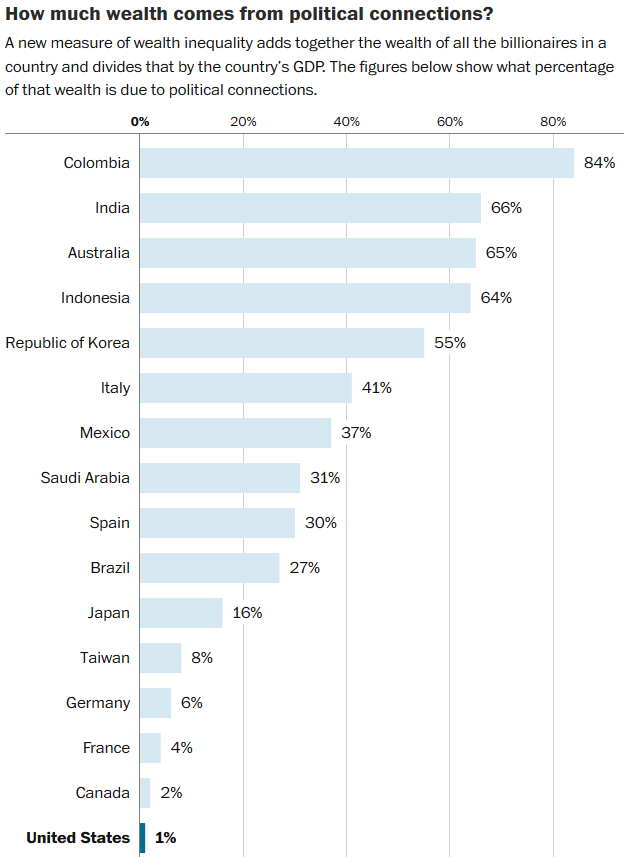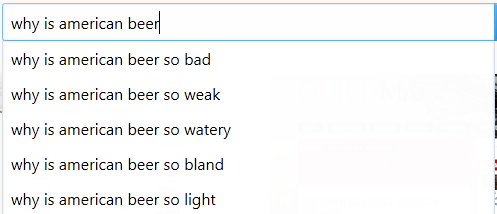Johan Norberg talks about the economic state of Sweden 150 years ago:
Once upon a time I got interested in theories of economic development because I had studied a low-income country, poorer than Congo, with life expectancy half as long and infant mortality three times as high as the average developing country.
That country is my own country, Sweden — less than 150 years ago.
At that time Sweden was incredibly poor — and hungry. When there was a crop failure, my ancestors in northern Sweden, in Ångermanland, had to mix bark into the bread because they were short of flour. Life in towns and cities was no easier. Overcrowding and a lack of health services, sanitation, and refuse disposal claimed lives every day. Well into the twentieth century, an ordinary Swedish working-class family with five children might have to live in one room and a kitchen, which doubled as a dining room and bedroom. Many people lodged with other families. Housing statistics from Stockholm show that in 1900, as many as 1,400 people could live in a building consisting of 200 one-room flats. In conditions like these it is little wonder that disease was rife. People had large numbers of children not only for lack of contraception, but also because of the risk that not many would survive for long.
As Vilhelm Moberg, our greatest author, observed when he wrote a history of the Swedish people: “Of all the wondrous adventures of the Swedish people, none is more remarkable and wonderful than this: that it survived all of them.”1
But in one century, everything was changed. Sweden had the fastest economic and social development that its people had ever experienced, and one of the fastest the world had ever seen. Between 1850 and 1950 the average Swedish income multiplied eightfold, while population doubled. Infant mortality fell from 15 to 2 per cent, and average life expectancy rose an incredible 28 years. A poor peasant nation had become one of the world’s richest countries.
Many people abroad think that this was the triumph of the Swedish Social Democratic Party, which somehow found the perfect middle way, managing to tax, spend, and regulate Sweden into a more equitable distribution of wealth — without hurting its productive capacity. And so Sweden — a small country of nine million inhabitants in the north of Europe — became a source of inspiration for people around the world who believe in government-led development and distribution.
But there is something wrong with this interpretation. In 1950, when Sweden was known worldwide as the great success story, taxes in Sweden were lower and the public sector smaller than in the rest of Europe and the United States. It was not until then that Swedish politicians started levying taxes and disbursing handouts on a large scale, that is, redistributing the wealth that businesses and workers had already created. Sweden’s biggest social and economic successes took place when Sweden had a laissez-faire economy, and widely distributed wealth preceded the welfare state.
This is the story about how that happened. It is a story that must be learned by countries that want to be where Sweden is today, because if they are to accomplish that feat, they must do what Sweden did back then, not what an already-rich Sweden does now.





